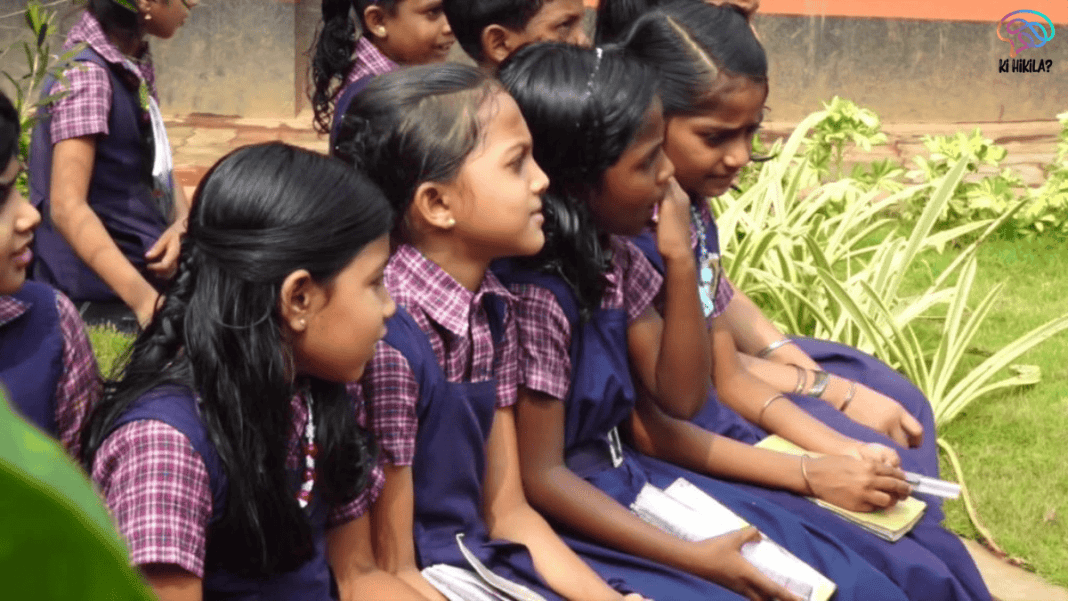Maharashtra Launches Disha Abhiyan to mark a historic step towards inclusive and equitable education for children with intellectual disabilities. This state-wide initiative is the first of its kind in India and has already created a new benchmark in special education. By implementing this curriculum in 453 special schools across the state, Maharashtra has taken a progressive step that aligns with the national dream of a self-reliant and inclusive society under the Developed India 2047 framework.
Implementation of Disha Abhiyan
The foundation of Disha Abhiyan lies in expertise and collaboration. The programme was conceptualised and developed by the Jai Vakil Foundation, a respected organisation with more than 80 years of experience in special education. Their deep knowledge and practical insights have shaped the curriculum to suit diverse needs of children with intellectual disabilities.
To ensure quality and credibility, the curriculum has been certified by the National Institute for the Empowerment of Persons with Intellectual Disabilities (NIEPID). This certification guarantees that the programme adheres to national benchmarks and will deliver consistent results across schools. By working with such renowned institutions, Maharashtra has ensured that the curriculum is not just innovative but also reliable and sustainable.
Curriculum Development and Key Features
One of the most remarkable aspects of Disha Abhiyan is its comprehensive curriculum, designed specifically for intellectual disabilities. Unlike traditional education models, this curriculum combines global best practices with research-based teaching methods. It is built to adapt to various levels of ability so that every child receives personalised learning experiences.
The curriculum is divided into three major focus areas:
- Academic Skills – Covering functional literacy and numeracy to prepare students for everyday challenges.
- Life Skills – Including communication, socialisation, health, and hygiene, which promote independent living.
- Vocational Training – Offering practical skills for employability, helping students become self-reliant in adulthood.
By integrating these elements, Disha Abhiyan goes far beyond classroom teaching. It empowers students to live with dignity, improve their confidence, and actively participate in society.
Significance in the National Context
The significance of Disha Abhiyan extends well beyond Maharashtra. It is the first state-wide uniform curriculum for special education in India. Until now, teaching approaches for intellectually disabled children varied greatly across institutions, leading to inconsistencies in quality. With Disha Abhiyan, every special school in Maharashtra will follow the same structured and scientifically designed framework, ensuring equality in opportunities for all children.
This initiative resonates strongly with Prime Minister Narendra Modi’s vision of an inclusive and developed India. Under the Developed India 2047 agenda, the government envisions a society where every citizen contributes meaningfully to nation-building. By focusing on children with intellectual disabilities, Disha Abhiyan ensures that no section of society is left behind.
Impact on Students and Families
The introduction of this programme is already being seen as a game changer for thousands of families. For students, it provides not only structured learning but also the tools to become independent and self-reliant. For parents, it creates hope that their children will be able to lead meaningful lives with dignity.
The long-term impact of the initiative includes:
- Elimination of disparities in education across special schools.
- Improved learning outcomes for students with intellectual disabilities.
- Greater employability through vocational training.
- Enhanced social inclusion by raising awareness about differently-abled individuals.
This holistic model is likely to inspire other states to adopt similar frameworks, potentially leading to a nationwide reform in special education.
Future Prospects of Disha Abhiyan
Looking ahead, Disha Abhiyan has the potential to redefine how India approaches special education. By setting uniform standards and ensuring high-quality training, Maharashtra has created a blueprint for success. Future prospects include expanding the programme with digital learning tools, increasing teacher training workshops, and building stronger community awareness campaigns to integrate differently-abled children into mainstream society.
If successfully scaled, Disha Abhiyan could serve as a model for national policy, ensuring that every child in India, regardless of ability, has access to equal opportunities for growth and development.
Conclusion
In conclusion, the fact that Maharashtra Launches Disha Abhiyan is more than just an education initiative—it is a movement towards inclusivity, equality, and empowerment. By combining expert knowledge, certified curriculum, and state-level implementation, Maharashtra has set an example for the entire nation. This landmark step will not only improve the lives of thousands of children with intellectual disabilities but also contribute to the larger dream of an inclusive and self-reliant Developed India 2047.



